Formation
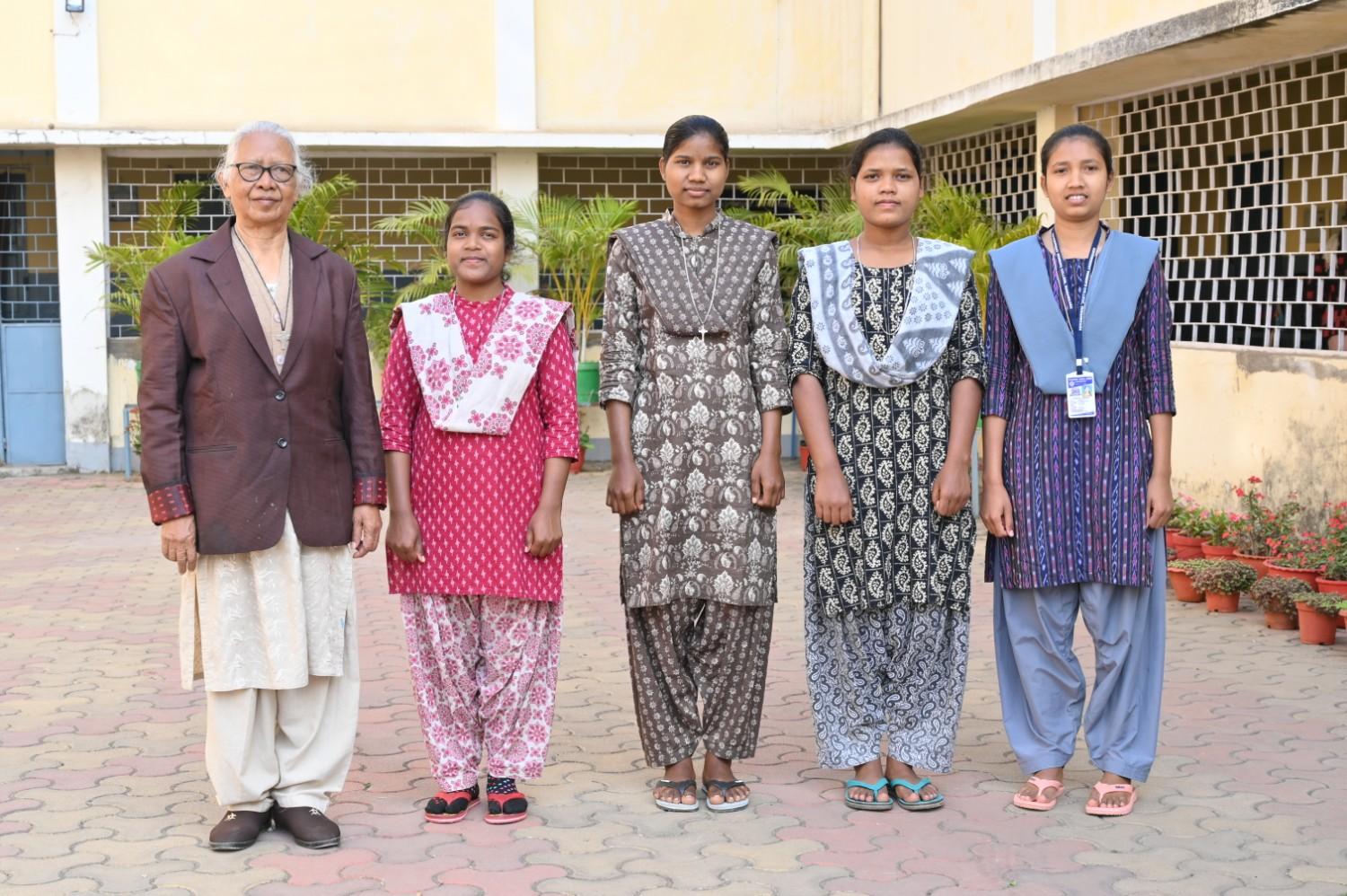
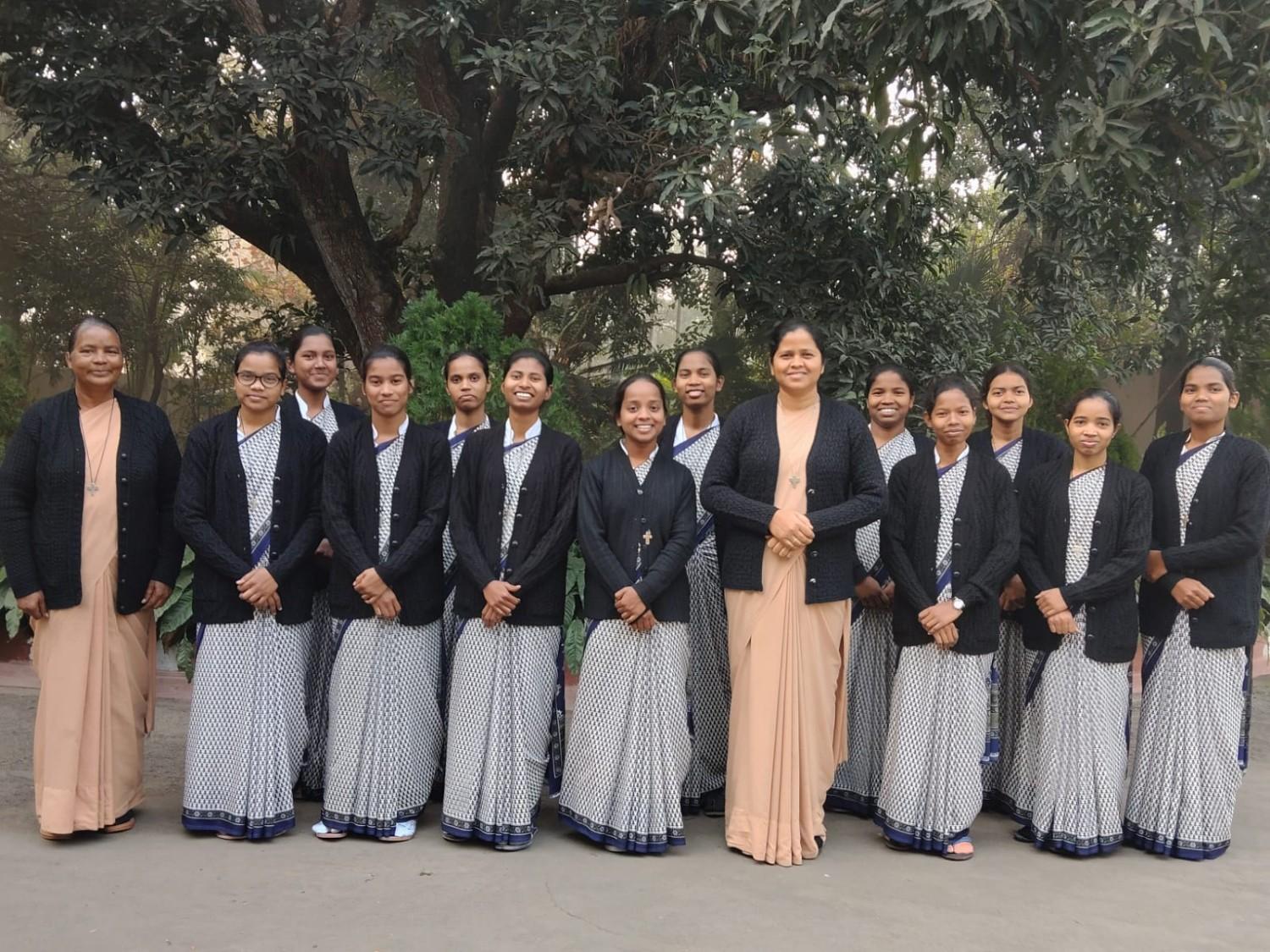
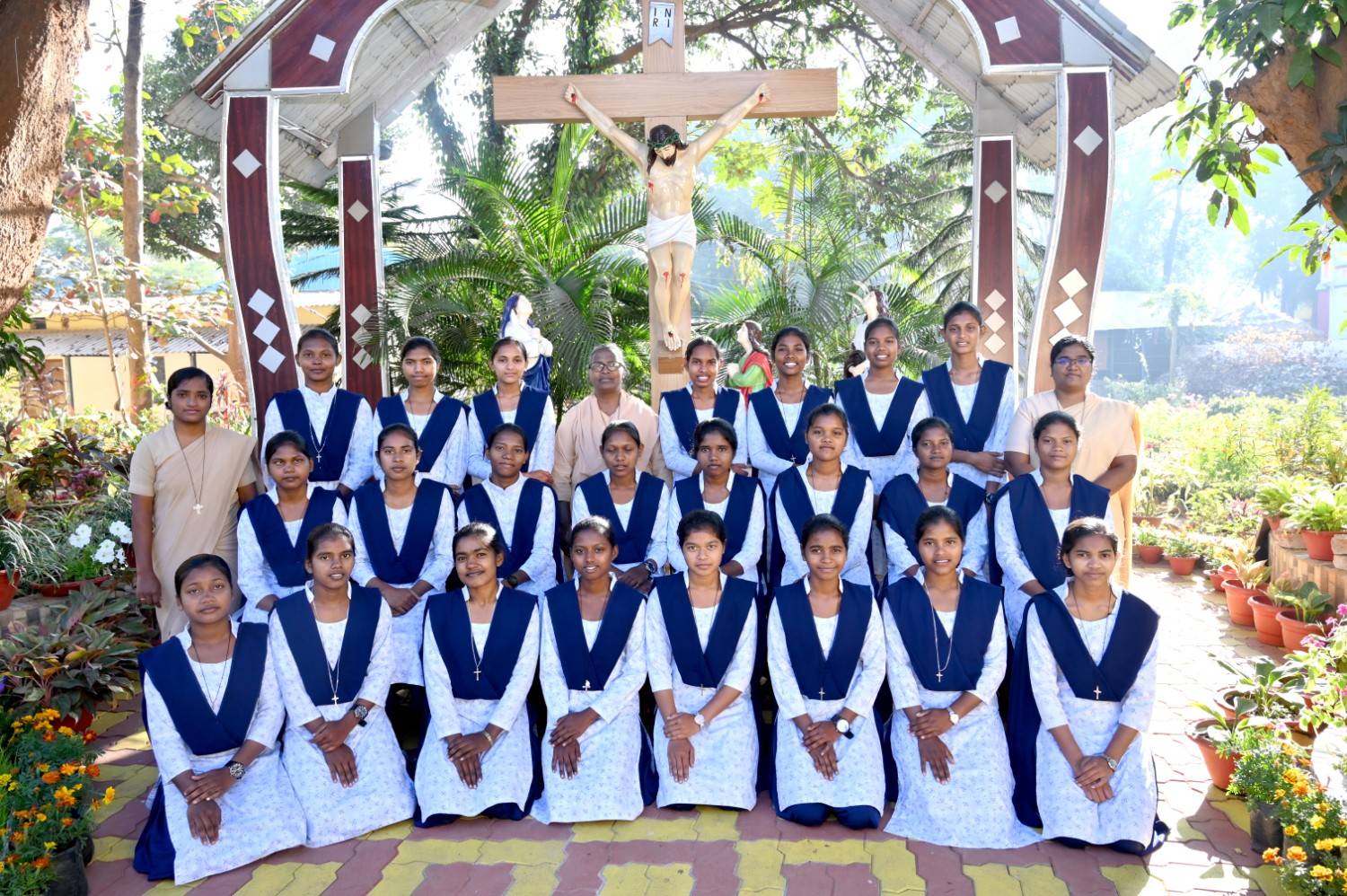
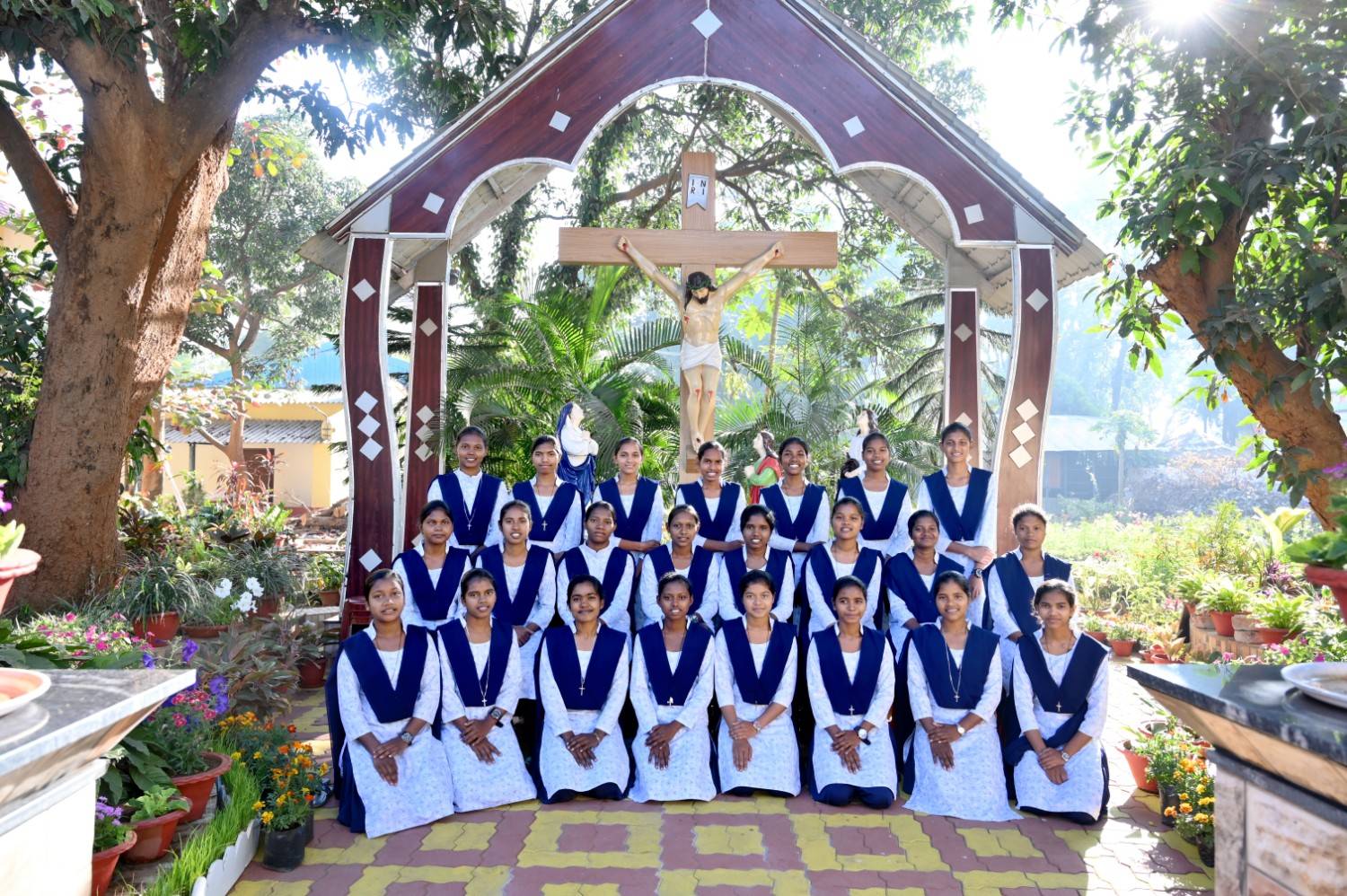
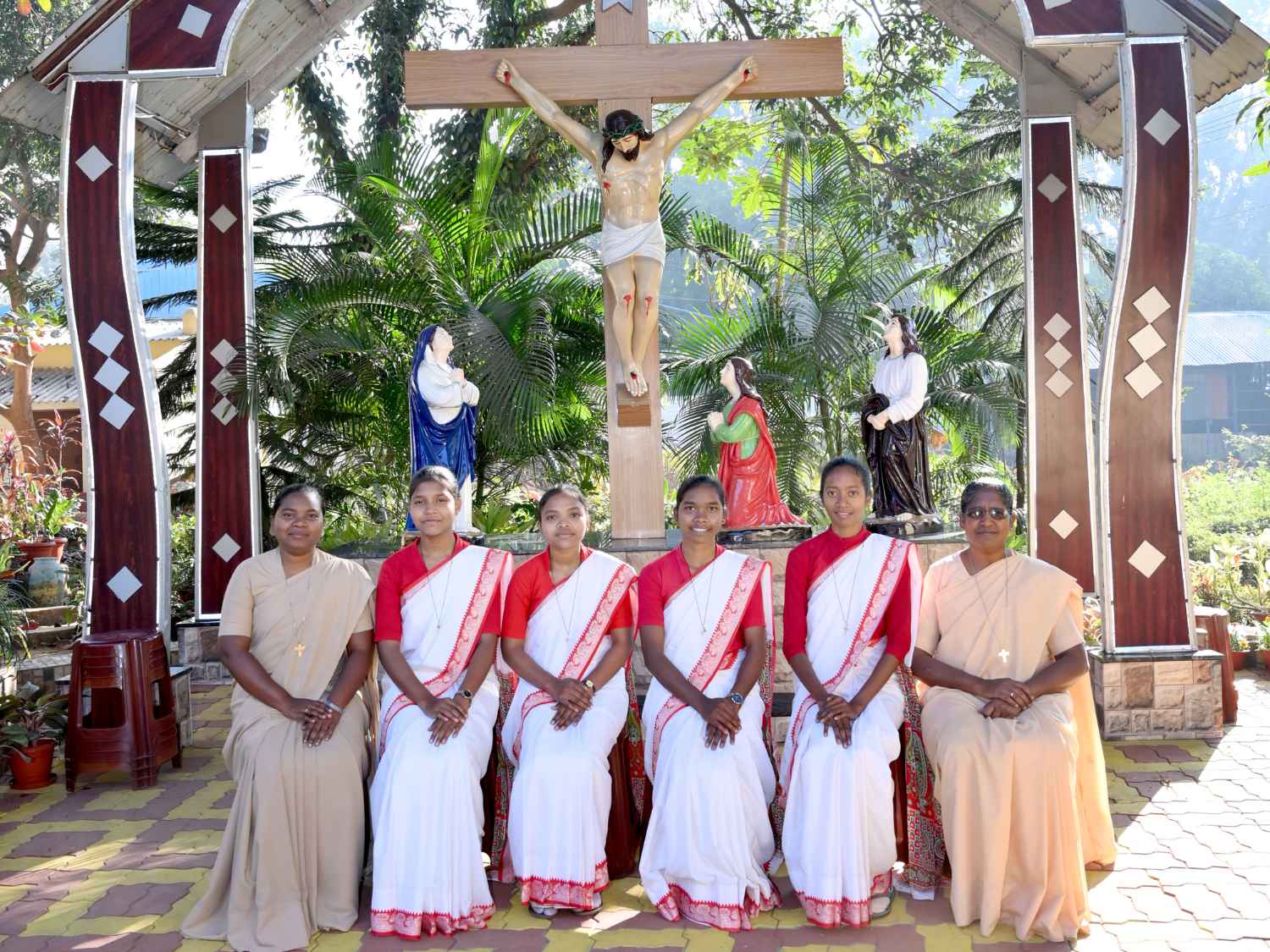
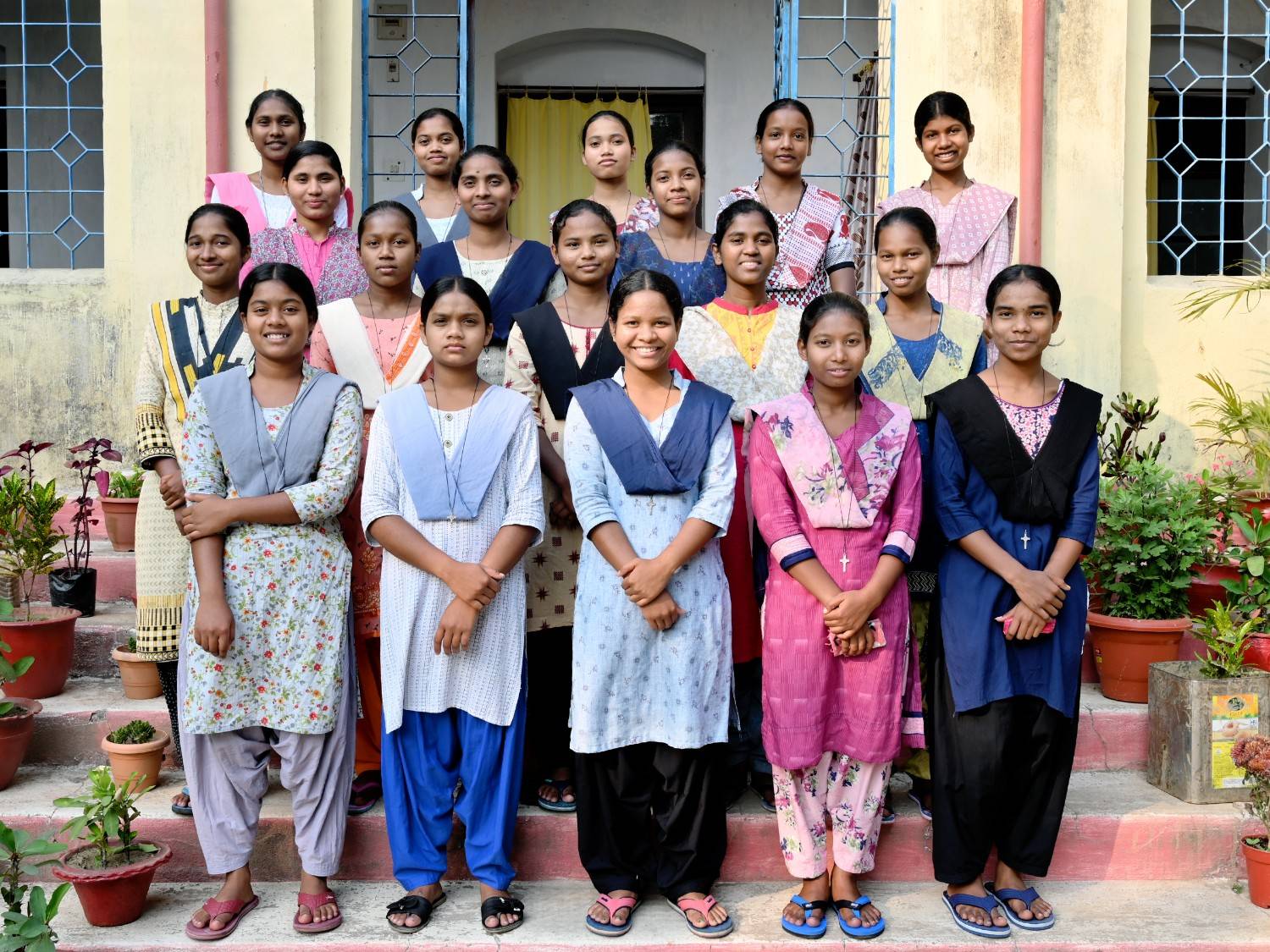
Vocation and Formation
“The primary objective of formation is to prepare people for the consecration of themselves to God in the following of Jesus Christ at the service of the church’s mission”. Vita Consecrata-65
The young person in the process of formation, gradually identifies herself with Christ’s attitude. (Phil 2:7-9). In today’s fast-changing world, we are challenged to nurture the young vocations with tenderness, forming them to be a spiritual presence and courageous prophets in the mission of Jesus.
The formation process, both initial and on-going, will offer an experience of passionate love for Jesus and loving compassion for our brothers and sisters specially the poor and the deprived.
Formation is a life-long process of transformation into Christ. It fosters fidelity to Jesus Christ and to the Gospel, to the church and her mission, fidelity to religious life and the charism of the institute, to humanity, to creation and to the signs of the time.
Stages of Formation
Candidatecy: The time of candidacy is a time of discerning and exploring the call to religious life and in particular to the Congregation of the Daughters of the Cross. Candidacy is a period of three years for those joining the Congregation after Class Xth. One year for deepening the Christian faith, learning the language, developing their prayer life by learning to pray different method of prayer. Then after two years of study.
Postulancy: “The Postulancy introduces candidates to the life and mission of the Congregation, and prepares them for entry into the Novitiate. It gives time to judge their vacation and aptitudes and to supplement their religious knowledge if necessary.” (Cons: Art. 138).
Novitiate: “Religious life in the Congregation begins with the novitiate. This is spent in such a way as to strengthen the divine call, especially with regard to that unity of prayer and action which ought to exist in anyone consecrated by evangelical counsels in an Apostolic Religious Institute.” (Cons: Art. 146)
Temporary Profession: During this period the temporary professed should develop a strong sense of her personal vocation rooted in God and Charism of the Institute/Congregation. She participates fully in all aspects of community life and ministry.
Perpetual Profession: When the period of time for which the profession was made has been completed, a religious who freely asks, and is judged suitable, is to be admitted to a renewal of profession or to perpetual profession; otherwise, the religious in to leave (Can. 657)
“Six months before the end of her Temporay Profession, the sister, in a written request, asks to be received definitively into the Congregation. The request is addressed to the Provincial Superiors who, with her Council, draws up a Report based on the information received, with reasons clearly formulated. This Report is sent to the Superior General who, after ensuring that the canonical conditions have been fulfilled, with the consent of her Council, may admit her to Perpetual Profession. (Cons: Art. 184)
On-going Formation:
While On-going Formation has always been a necessity, it has now become indispensable, as a result of the rapid evolution of society. (Dir. Art. 141)
